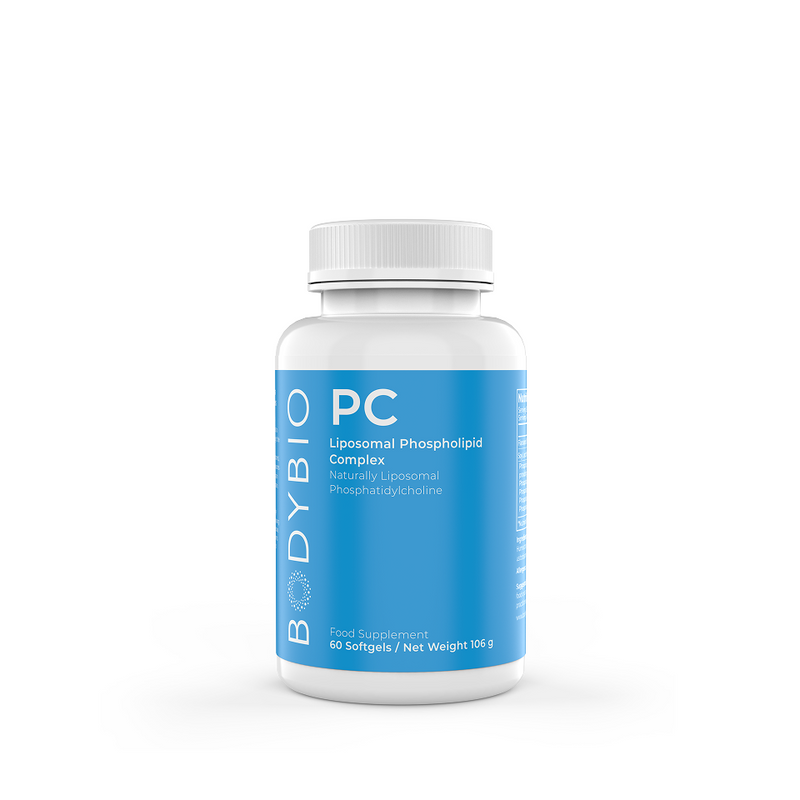Pet Vitamins: The Beginner’s Guide to Dog and Cat Supplements
Pets are beloved members of our families, and just like us, they are susceptible to imbalances in nutrition, inflammation due to stress and environmental toxins, and common ailments like degrading joints and dimming vision.
Thoughtful pet owners may wonder, “Should I give my pet supplements?” Again, like humans, the answer isn’t one-size-fits-all. But there are some supplements that can help your pet (and we are talking mostly about cats and dogs here) live happier, healthier, and more vibrant lives.
Table of Contents:
- Does my Pet Need Vitamins or Supplements?
- How to Choose the Right Supplement for Your Dog or Cat
- The Best Vitamins and Supplements for Pets
- Supporting Your Pet’s Health With Vitamins and Supplements
Does My Pet Need Vitamins or Supplements?
Ideally, your pet, just like you, is getting all the nutrition they need through a healthy diet. But even dogs eating grass-fed meat and wild-caught fish in their daily diet may be missing key nutrients that high quality supplements can provide.
And when most dogs and cats are being fed dry food with incomplete proteins and added grains that contain too many omega-6 fatty acids and not enough omega-3’s, pet owners can see issues like:
- Aggression
- Escaping the yard/home in search of more food
- Eating dirt, to get the minerals found in a whole food diet
- Chewing on furniture
- Skin/coat issues
- Hyperactivity from too many simple carbohydrates.
These are all signs that your pet needs more nutritional support than what they’re getting through their diet.
Certain vitamins and supplements may help support pets with:
- Nutrition
- Bone and joint health
- Heart health
- Digestive and urinary health
- Skin and coat health
- Immune health
- Vision
- Weight gain or loss
- Energy and metabolism
- Brain health
- Healthy aging.
How To Choose the Right Supplement for Your Dog or Cat
The pet supplement market is just as susceptible to fraud and disingenuous manufacturing as the market for humans. It helps to be a savvy and prepared consumer when it comes to buying supplements, for your pet or for yourself. Here are a few tips to keep in mind:
Discuss your pet’s health history and needs with your vet: Nutritional requirements vary between different breeds and sizes. Your vet should be able to give you nutritional guidelines for your pet, also taking their health history into account.
Choose reputable brands that emphasize quality control: Many cheap supplement brands cut the same corners that cheap pet food brands do – adding fillers and preservatives to their supplements that may hurt more than help in the name of cutting costs. If you’re going to invest in a vitamin or supplement for your pet’s health, do your research, ask other pet owners what brands they trust and why, and look for the purest ingredients possible.
Know what ingredients you’re looking for and check labels carefully: Once you’ve decided on a type of supplement for your pet, figure out what that supplement should contain and carefully check labels for the ingredients. Stay away from any supplement that contains extra additives and fillers.
Following these guidelines can help you make an informed decision for your furry friend.
The Best Vitamins and Supplements for Pets
You don’t need to go overboard with supplements for your pets. One or two key supplements can support many areas of your pet’s health. Let’s look at a few examples.
Probiotics
Probiotic supplements are safe for dogs and cats [1].
Protecting your pet’s digestion will go a long way toward supporting their overall health – immunity, energy, mood, and more. If they suffer from digestive issues, probiotics can also help reduce any pathogens that may be causing their symptoms.
Probiotics can be especially helpful for rescue animals, who may have been more exposed to harmful bacteria and have more alert immune systems as a result. If your pet ever has to take antibiotics, taking probiotics at the same time can also help ensure that their microbiome bounces back in a healthy way.
Make sure to get a dog or cat-specific probiotic, as they each have some different species of bacteria than we do (though we share many of the same ones too). Also, go slow when first adding probiotics to your pet’s diet to make sure they have time to adjust. This will also give you time to observe any changes in their behavior and physical condition.
Essential Fatty Acids
Non-oxidized essential fatty acids can be excellent supplements for your pet’s health [2]. Firstly, fish oil is an animal product that could naturally be part of your dog or cat’s diet, which makes it ideal as a supplement. Fish oil supplies EPA and DHA, essential fatty acids (EFAs) that maintain cell membrane fluidity and permeability. They especially support the brain, the adrenal glands, retinas, and synapses.*
EFAs can also help with the joint pain and stiffness that often becomes a problem for animals as they age. Supplementing essential fatty acids can add luster and vibrancy to your pet’s coat and protect their skin from dryness and allergic reactions* [3, 4].
Pouring the liquid BodyBio Balance Oil over your pets food ensures your pet gets the mother essential fatty acids, LA and ALA. Combine it with our BodyBio Fish Oil, an incredibly high quality fish oil that provides readily absorbable EPA and DHA for pets and people alike.
Electrolytes
On a hot day, or after a lot of running around, do dogs or cats need electrolytes the same way we do? The answer, technically, is no. Because dogs, and sometimes cats, thermoregulate through panting (and in the cat’s case, finding a shady spot to stretch out in) rather than sweating like we do, they don’t tend to lose a lot of electrolytes.
But how many electrolytes they’re getting in the first place through their diet may affect their requirements. They may also need extra electrolytes when going through an illness with vomiting or diarrhea. We have had a customer report that he gives BodyBio E-lyte to his racing greyhounds before and after a race in warm weather, and he claims that his dogs perform better with the extra electrolytes.
If you notice that your pet is low in energy despite a healthy diet, gets overheated easily, or gets muscle cramps or spasms, electrolytes are a low-risk solution that might help.
PC for Pets
BodyBio PC can provide a high-quality source of phospholipids for your pet, which contributes to healthy brain function, muscle contraction, and liver health [5].* PC functions exactly the same in dogs and cats as it does in people – mainly by providing the backbone structure of the cell membrane. So, supplementing your pet’s diet with PC supports healthy cell membranes and cellular communication, which are critical for overall wellness and longevity.*
Pet parents of hyperactive dogs will also be happy to know that PC can facilitate a calm and attentive state of being by supporting brain health.*
As a dietary supplement, dosage of BodyBio PC for animals is approximately ½-1 tsp depending on weight.
Supporting Your Pet’s Health With Vitamins and Supplements
Thinking about our pet’s health the same way we would think about our own – ensuring that they eat a nutritious diet, taking them out for plenty of exercise and social interaction, and supplementing nutrients where necessary to support longevity and overall wellbeing – will help them live a long and vibrant life. Plus, giving your pet a supplement like fish oil can accomplish multiple health goals with one solution, so pet supplements don’t have to break the bank.
You can learn more about omega-3 and omega-6 fatty acids and fish oil here.





